-
All products are added to your cart.
Oils are bad for oily skin types
Oil produced by our skin (sebum): under each of your pores reside a sebaceous gland that produces natural oils called sebum. This sebum is secreted through the pores and helps with keeping your skin hydrated and healthy. For some people however, these glands can produce too much oil or too little, thus leading to skin troubles. If there is too much oil, you’ll get an oily skin, too little and it will end up making your face feel dry.
MYTH: "My face is already oily and greasy, so putting more oils on my skin will just worsen it."
FACT: "Your skin needs oil to stay in balance. So oils are not necessarily bad for oily skin."
When you think of oils on the skin, there is usually quite a bad stigma around it. For example, an oily face is generally associated with an unclean or unwashed face (and greasy looking) and may even be considered less attractive. And if that wasn’t the worst, an oily skin could even lead to skin problems such as clogged pores and acne.
Soooo… if it is all that bad, why would you even consider slapping more oils on your face? Heck, why even pay money for it while doing so! ¯_(ツ)_/¯
Fact is, your skin absolutely needs oil to remain healthy and balanced. Wether you like it or not, your skin needs oils in order to keep itself soft, supple and hydrated. The trick is understanding and mastering how to use oils, eventually using it to your advantage. Once you get a better understanding of how oils work, we are willing to bet that oils will become a definitive must in your skin care routine!
Genetics, age, hormones, diet, season changes, a damaged skin barrier (dehydrated skin), overuse or misuse of skin care products are some of the main factors that will have an impact on our skin's sebum production. By knowing the cause, we could better treat it accordingly. -READ MORE-
Linoleic oil vs. Oleic oil
| Oils higher in Linoleic Acid | Oils higher in Oleic Acid |
| penetrates the skin less easily than Oleic Acid | penetrates easier and deeper into the skin's surface |
| is liked by oily skin, acne-prone, sensitive skin | is liked by drier skin, mature skin |
| Omega-6 - which cannot be produced by our own skin. | Fatty acid - which can be found in nature as fatty oils from animals, vegetable fats and oils, And is abundant in own skin. |
| Can soften the natural sebum of the skin which will reduce clogged pores. Linoleic acid is also an anti-inflammatory that stimulates cell regeneration | Has the ability to restore the skin's natural oil without clogging the pores. It is an anti-inflammatory that stimulates wound healing and repairs daily skin damage. It is also very rich in antioxidants. |
| mostly plant and seed oils: Hemp seed oil, Rosehip seed oil, Evening primrose oil, Soybean oil |
mostly oils and fats from nuts: Sunflower oil, Sea buckthorn oil, Marula oil |
| Jojoba oil, Argan oil, Tamanu oil | |
The sebum of oily, clogged skin usually consists of (an accumulation of too much) Oleic Acid. It is precisely by using oils with higher Linoleic Acid that this can be reversed in order to restore the natural balance of the two types of acids, leading to healthier, clearer skin, with less break outs and acne.








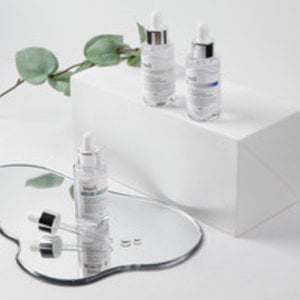

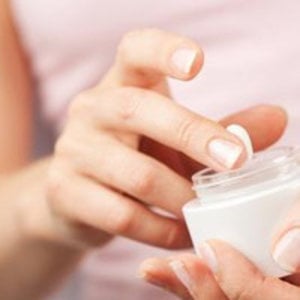








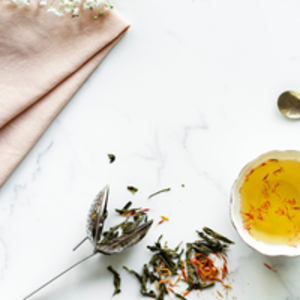
 Teenager
Teenager Student
Student Career (searching)
Career (searching) Party!
Party!
 On the plane
On the plane Travel friendly
Travel friendly Day trip
Day trip
 Postcards
Postcards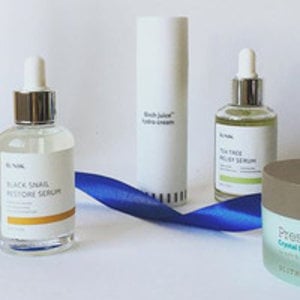 Beauty gifts
Beauty gifts <3 Gift Card
<3 Gift Card
 7-Skin Method
7-Skin Method 1 Day 1 Mask
1 Day 1 Mask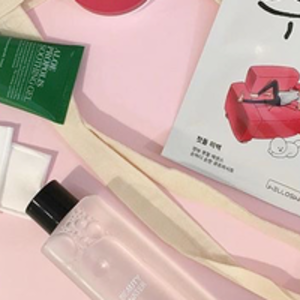 Best of K-beauty
Best of K-beauty Face Gym
Face Gym Glass skin
Glass skin
 Haru Haru Exclusives
Haru Haru Exclusives Fashion & Lifestyle
Fashion & Lifestyle

 1. Cleansing
1. Cleansing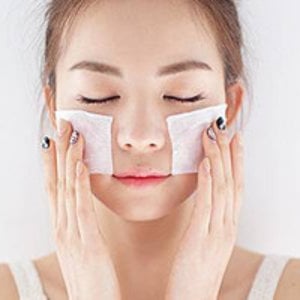 2. Toner
2. Toner 3. Eye cream
3. Eye cream 4. Treatment / Boost
4. Treatment / Boost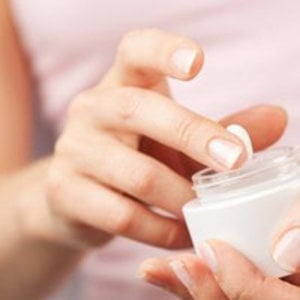 5. Moisturizer
5. Moisturizer 6. Sun protection
6. Sun protection 6. Night treatments
6. Night treatments
 Skin type - Normal
Skin type - Normal Skin type - Dry
Skin type - Dry Skin type - Oily
Skin type - Oily Skin type - Combi
Skin type - Combi Skin type - Sensitive
Skin type - Sensitive Skin concern - Dehydrated
Skin concern - Dehydrated Skin concern - Pigmentation
Skin concern - Pigmentation Skin concern - Acne
Skin concern - Acne Skin concern - Wrinkles
Skin concern - Wrinkles
 How much should I use?
How much should I use? Applications and handlings
Applications and handlings Sequence and waiting times
Sequence and waiting times Mask guideline
Mask guideline Recycle & upcycle
Recycle & upcycle
 Natural vs. synthetic
Natural vs. synthetic Clean vs. dirty beauty
Clean vs. dirty beauty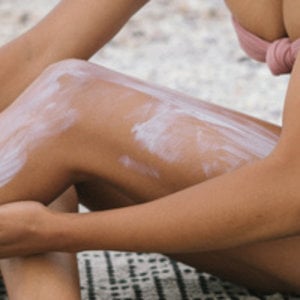 Mineral vs. chemical UV filter
Mineral vs. chemical UV filter Open and closed pores
Open and closed pores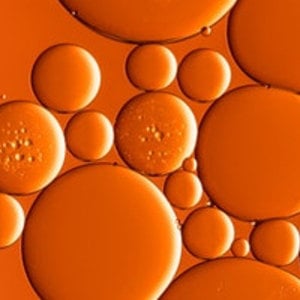 Oils are bad for oily skin types
Oils are bad for oily skin types No makeup, no double cleansing
No makeup, no double cleansing No sun, no sunscreen
No sun, no sunscreen Scary acids
Scary acids Oily skin, no moisturizer
Oily skin, no moisturizer
 Sheet Masking Tips
Sheet Masking Tips 7 Skin Method
7 Skin Method
 Pigmentations & dullness
Pigmentations & dullness Wrinkles & lines
Wrinkles & lines Acne & pimples
Acne & pimples Enlarged pores
Enlarged pores Oil control
Oil control ⤷ Sebum production
⤷ Sebum production
 Ingredients
Ingredients Glossary
Glossary FAQ: kbeauty
FAQ: kbeauty FAQ: skincare
FAQ: skincare Workshops
Workshops
 Skintype quiz
Skintype quiz Routine quiz
Routine quiz Acne quiz
Acne quiz

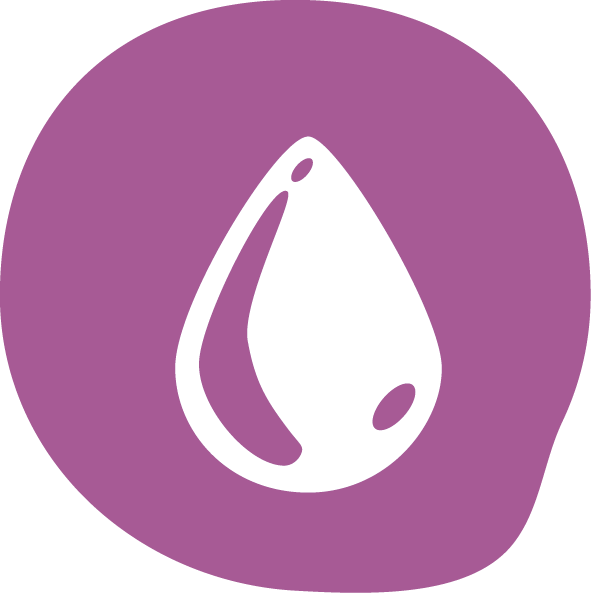
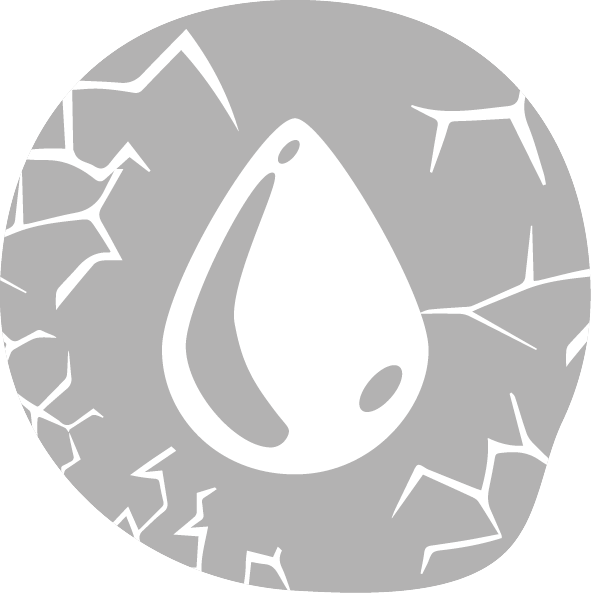


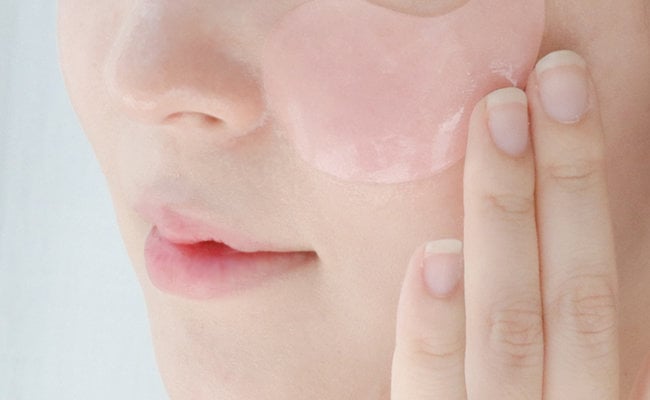
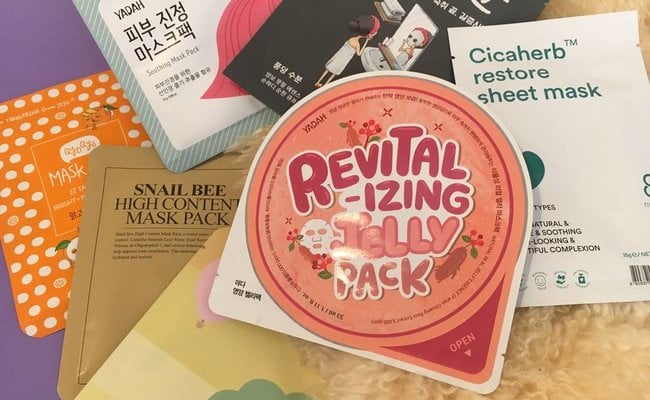




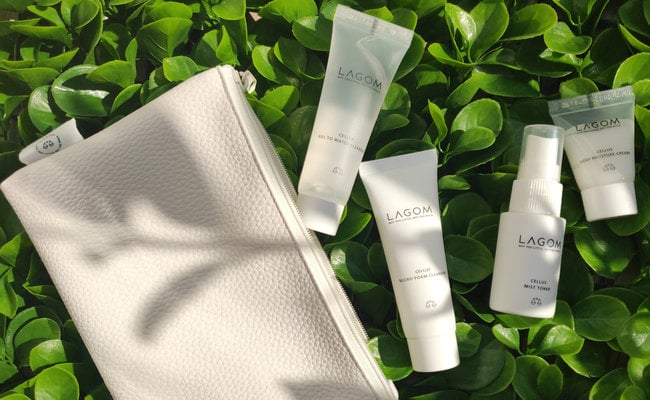







![[ PETITFEE ]
Beautifying Mood on Cleanser -100ml](https://cdn.webshopapp.com/shops/239114/files/406948442/400x450x1/petitfee-beautifying-mood-on-cleanser-100ml.jpg)
![[THANK YOU FARMER] Rice Pure Clay Mask to Foam Cleanser - 150ml](https://cdn.webshopapp.com/shops/239114/files/409487563/400x450x1/thank-you-farmer-rice-pure-clay-mask-to-foam-clean.jpg)
![[ YADAH ]
Be My Tint 01 Wannabe Pink - 4g](https://cdn.webshopapp.com/shops/239114/files/211817276/400x450x1/yadah-be-my-tint-01-wannabe-pink-4g.jpg)

